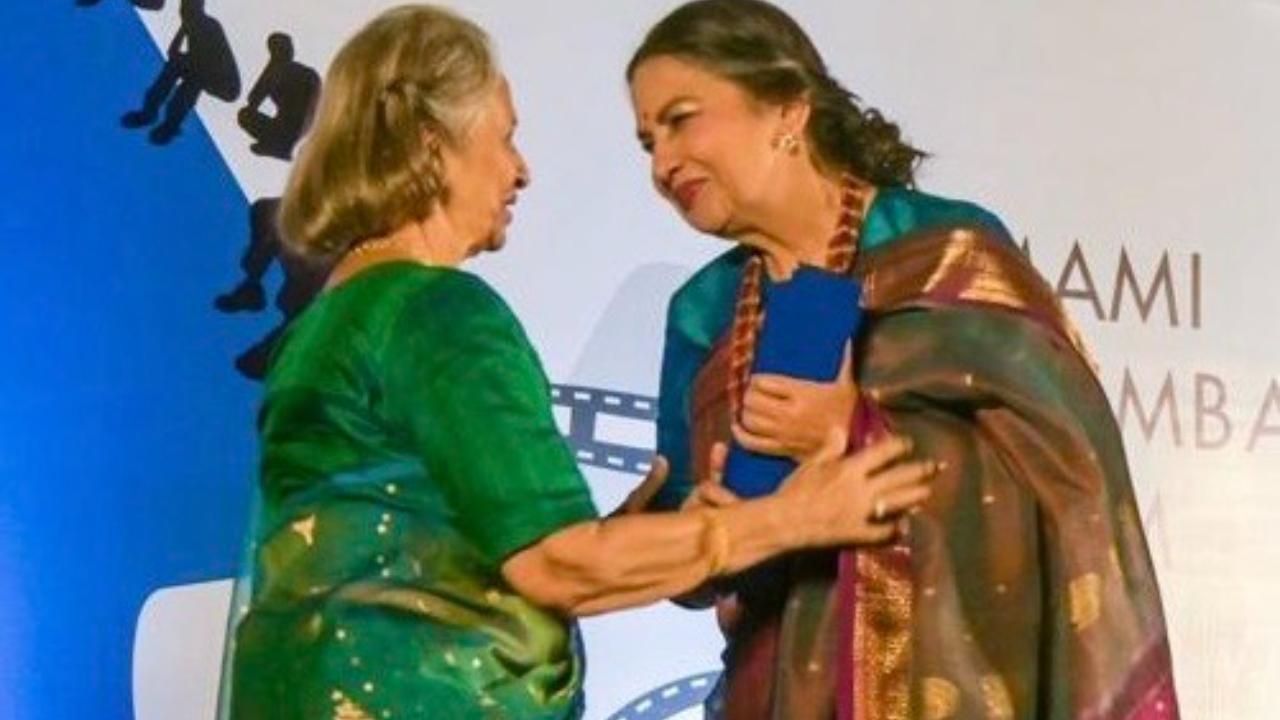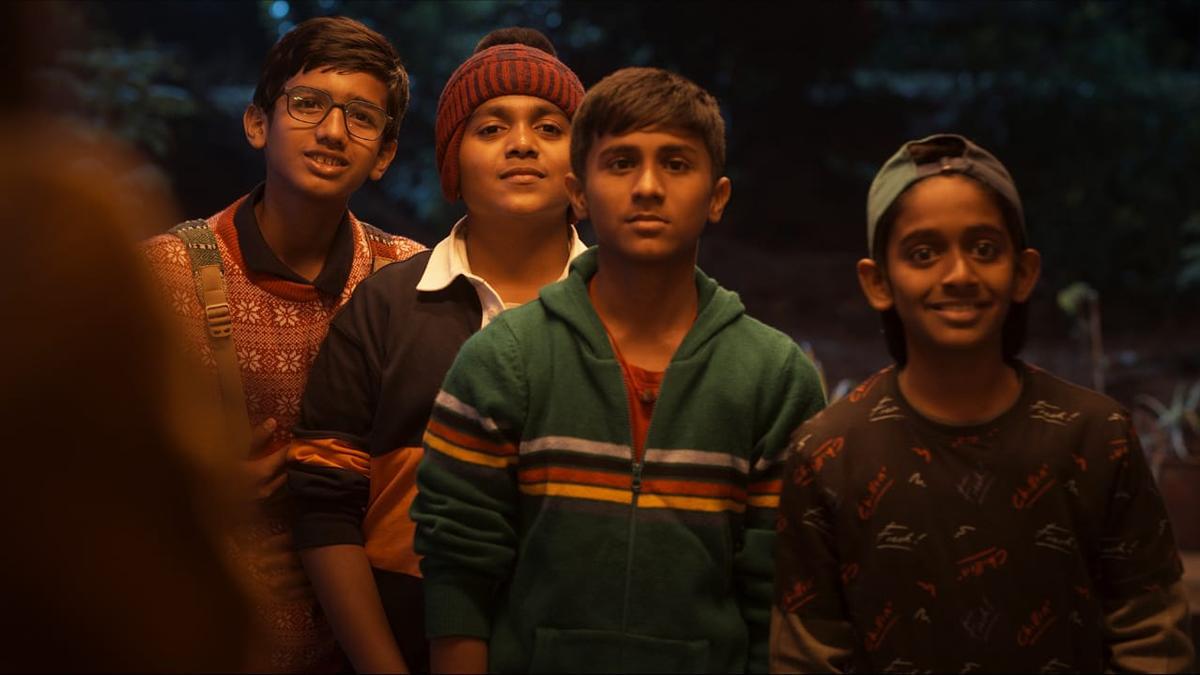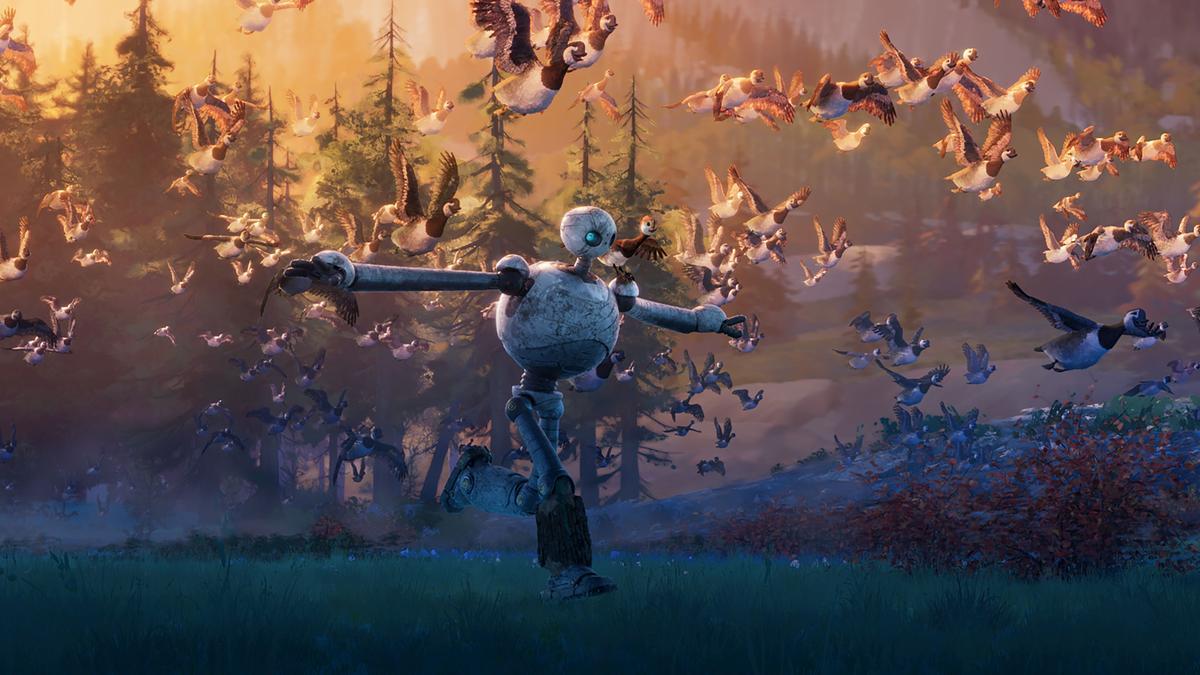
In the ever-evolving world of political satire, the figure of Donald Trump stands as a unique challenge. Recent headlines have been dominated by the depiction of Trump’s early years as a real estate mogul in the controversial biopic, *The Apprentice*, directed by Ali Abbasi. With Sebastian Stan taking on the role of Trump, the film has been making waves not only for its portrayal but also for the legal tremors it has induced. Trump’s team has responded with stern cease-and-desist letters, indicating the former president’s discontent with this cinematic reflection.
The film, despite receiving a standing ovation at Cannes, has become a topic of intense debate: has it successfully uncovered the absurdities of Trump’s life, or has it underscored the increasingly accepted notion that truth is stranger than fiction? The portrayal of Trump as a figure who has long blurred the lines between life, reality TV, and parody challenges the traditional boundaries of satire. Given his persona that has always seemed larger-than-life, the question arises: can parody ever truly encapsulate the essence of Donald Trump?
Satire, by its very nature, is designed to identify and mock the absurdities and vices of powerful figures and systems. However, in an era defined by the likes of Trump, satire often feels diminished—not due to a lack of effort or skill, but because it struggles to surpass the staggering reality it seeks to depict. Trump’s life, often considered a caricature in itself, presents a post-satire conundrum. His intrinsic blend of charisma, arrogance, and reality television flair creates a character that resists classic satirical approaches.
The primary challenge faced by satirists in this landscape is the inherent extravagance of Trump’s own actions and words. Shows like *Veep* or *Succession*, known for their sharp wit and piercing commentary, find themselves trying to uphold a mirror to a visage already exaggerated by its own subject. The creators of *The Apprentice* aimed to expose and highlight Trump’s shortcomings for dramatic effect but risk falling into redundancy because Trump’s real-life persona often outstrips fictional attempts at lampooning him.
Prominent satirists like Jon Stewart and Stephen Colbert, who revitalized political satire for a generation, navigated administrations with biting critiques that revealed genuine shortcomings. Figures such as Bush existed within a framework that satire could effectively challenge and dismantle. Trump, however, not only thrives in chaos but appears to draw strength from it, leaving satirists grappling with how to critique someone for whom the absurd is standard procedure.
.
Trump’s presidency was marked by an uncanny ability to self-satirize, often outpacing comedians who attempted to do the same. His infamous tweets, which bounced between the realms of the bizarre and the audacious, often required no embellishment from outlets like *Saturday Night Live*, which found greater impact in directly quoting him. Satirical skits became superfluous as real-life antics continually overshadowed comedic exaggeration.
Within this paradigm, even the widely acclaimed renditions by Alec Baldwin, portraying Trump on *SNL*, began to lose effectiveness over time. As Trump remained unfazed and incorporated these parodies into his narrative of media victimization, satire’s subversive power dimmed. Instead of diminishing his credibility or the credibility of his ideologies, satire inadvertently contributed to his mythos, amplifying an aura of invulnerability.
In contrast, Indian cinema’s satirical attempts, albeit timid, underscore the cultural distinctions in political critique. The Indian film industry often leans toward larger-than-life portrayals that feed into a penchant for hero-worship, making direct satire of political figures both uncommon and perilous. Unlike Trump’s overtly absurd public persona, Indian politicians traditionally construct unyielding, almost mythological self-images that dissuade satirical exploration.
As *The Apprentice* makes its rounds in global cinemas, it poses critical questions about the efficacy and future of satire in narrating the lives of such polarized figures as Trump. Has satire become an impotent tool against personalities who embrace criticism as a marker of their larger-than-life existence? Trump’s willingness to transform disparagement into an element of his showmanship suggests an evolving battleground for political satire, one where the provocateur thrives in the spectacle.
Unquestionably, Trump’s enduring legacy will challenge the framework of satirical art. For a genre traditionally rooted in the undermining of the powerful, the Trump era commands a reevaluation of how, and indeed if, satire can resume its role as an agent of critique in a landscape redefined by extremes. In the words of the former President, reality has become its ultimate punchline, leaving artists and satirists pondering the adaptive evolution of their craft.










